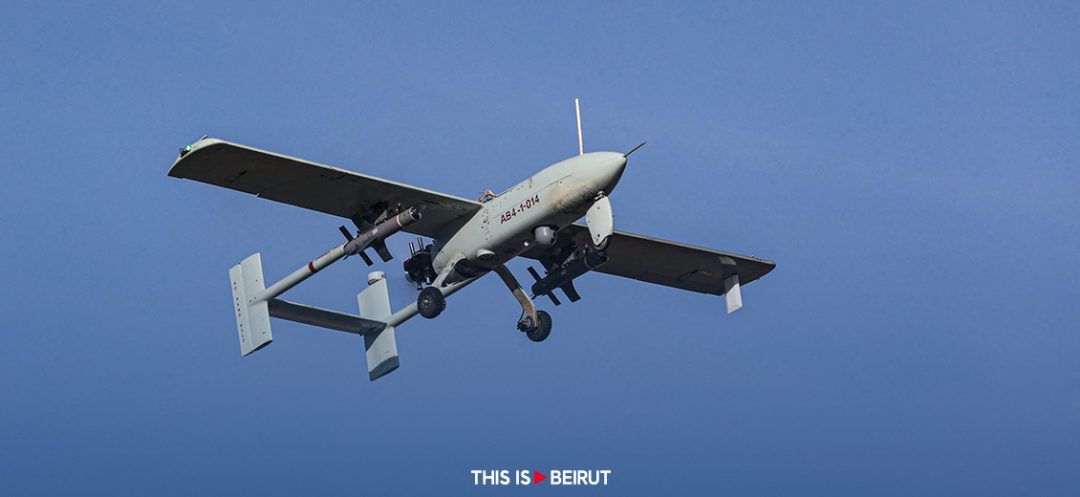- Home
- War in the Middle East
- US Urges Restraint as Iran, Pakistan Trade Air Strikes

©(Photo by Iranian Army office / AFP)
The United States called on Pakistan and Iran on Thursday, to refrain from escalating tensions following air strikes exchanged between the two countries. President Joe Biden remarked that the clash indicated the Islamic Republic's lack of popularity in the region.
The United States urged Pakistan and Iran Thursday to avoid escalating tensions after the two countries exchanged air strikes, as President Joe Biden said the clash showed Iran was not "well-liked" in the region.
Tensions between nuclear-armed Islamabad, a US ally, and Washington's foe Tehran have soared after Iran struck alleged militant targets in Pakistan and Pakistan responded in kind.
Pakistan's strikes against militant targets in Iran came two days after similar Iranian strikes on its territory, and prompted Tehran to summon Islamabad's envoy.
The situation has also added to broader unrest in and around the Middle East, where Iran's proxies are in confrontation with Israel and the United States following the Hamas attacks on Israel on October 7.
"As you can see, Iran is not particularly well-liked in the region," Biden told reporters at the White House when asked about the clashes.
Biden said the United States was now trying to understand how the Iran-Pakistan situation would develop, adding: "Where that goes we're working on now -- I don't know where that goes."
White House National Security Council spokesman John Kirby said the United States was monitoring the situation "very, very closely" and was in touch with Pakistani officials.
UN chief Antonio Guterres was also "deeply concerned" by the Iran-Pakistan strikes, his spokesman said.
The White House's Kirby however said Islamabad had a right to defend itself.
Kirby said he was "not aware" that Islamabad had notified Washington before striking Iran.
He would not comment when asked if the United States would provide support for Pakistan.
Khalil Wakim, with AFP
The United States urged Pakistan and Iran Thursday to avoid escalating tensions after the two countries exchanged air strikes, as President Joe Biden said the clash showed Iran was not "well-liked" in the region.
Tensions between nuclear-armed Islamabad, a US ally, and Washington's foe Tehran have soared after Iran struck alleged militant targets in Pakistan and Pakistan responded in kind.
Pakistan's strikes against militant targets in Iran came two days after similar Iranian strikes on its territory, and prompted Tehran to summon Islamabad's envoy.
The situation has also added to broader unrest in and around the Middle East, where Iran's proxies are in confrontation with Israel and the United States following the Hamas attacks on Israel on October 7.
"As you can see, Iran is not particularly well-liked in the region," Biden told reporters at the White House when asked about the clashes.
Biden said the United States was now trying to understand how the Iran-Pakistan situation would develop, adding: "Where that goes we're working on now -- I don't know where that goes."
White House National Security Council spokesman John Kirby said the United States was monitoring the situation "very, very closely" and was in touch with Pakistani officials.
UN chief Antonio Guterres was also "deeply concerned" by the Iran-Pakistan strikes, his spokesman said.
The White House's Kirby however said Islamabad had a right to defend itself.
Kirby said he was "not aware" that Islamabad had notified Washington before striking Iran.
He would not comment when asked if the United States would provide support for Pakistan.
Khalil Wakim, with AFP
Read more



Comments